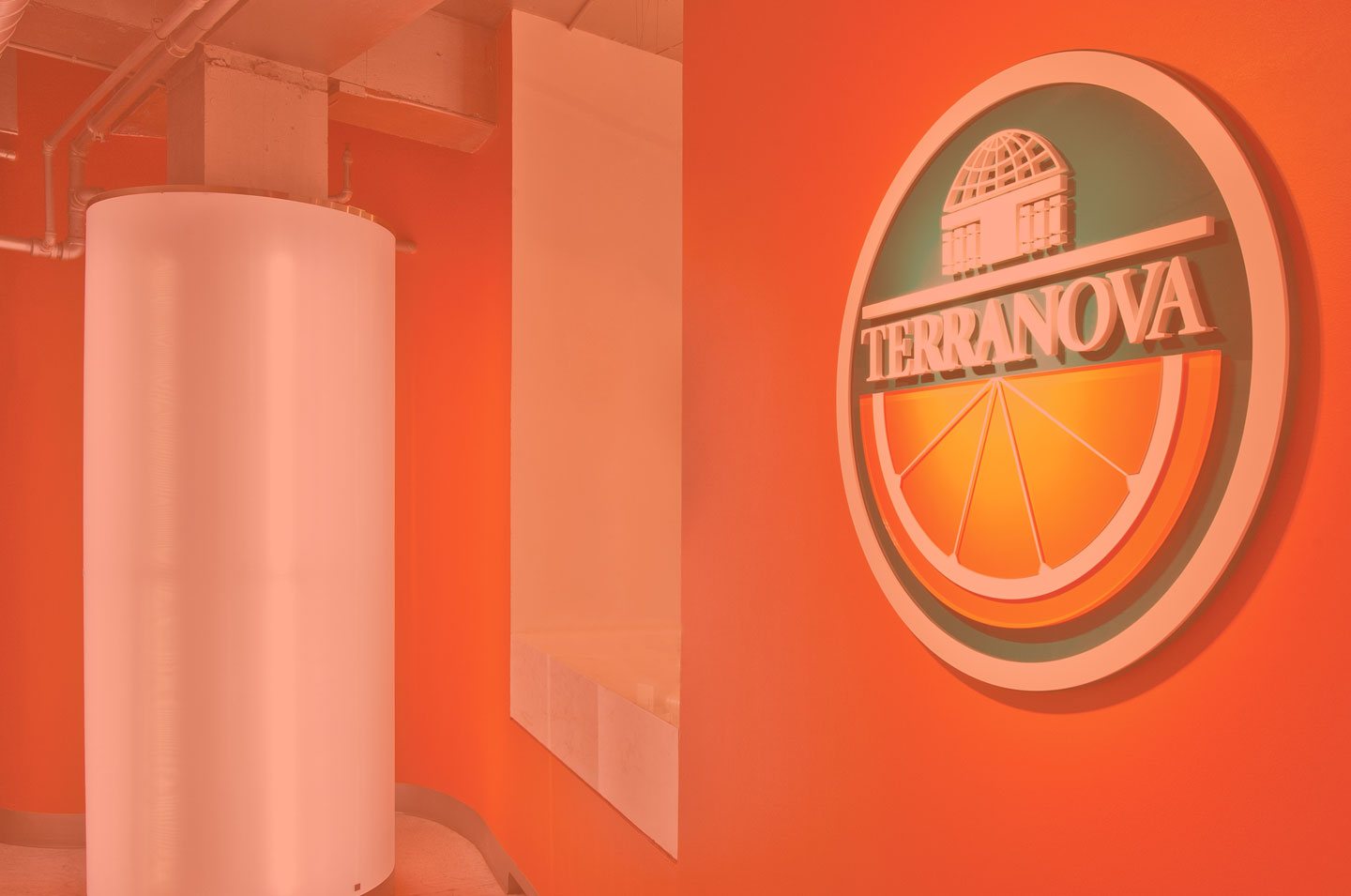Innovating in Commercial Real Estate: How Terranova CEO Stephen Bittel Creates Continuous Value in Planned Urban Development Projects
TMCnet — MARCH 25, 2021 — BY HANNAH MADISON For most of human history, a valuable natural resource such as a water source or defensible high ground was often the reason for a community to develop. The ancient Egyptians famously settled along the Nile River, utilizing the vast resource to build their kingdom. The Inca Empire made their home high in the Andes Mountains, using terrace farming to allow them to build aqueducts that were so well-built they are still in use today. However, as industrialization and modernization began and took hold in the second half of the 20th century, communities were no longer geographically hindered by access to resources, and as a result a shift toward single-purpose zoning in urban areas occurred. Planned urban development emerged as a response to this trend, orienting urban communities around the principles of convenience and efficiency rather than a natural resource or feature. The best of both worlds, these combinations of commercial and residential spaces create the potential for constant innovation, for those who have the creativity to see its potential.
There have been rumblings for a few years now about a “mass exodus” of millennials and Generation Z to the suburbs, a trend that appears to have been exacerbated by the coronavirus pandemic of 2020. The jury remains out though as to whether this will be a lasting trend, as those who leave cities and urban areas for the suburbs must grapple with the fact that they can’t find their beloved urban amenities in the vicinity of their new big house with a yard. In particular, many planned urban development projects are constantly reinventing the wheel, moving beyond simply residential and commercial spaces to create value for their communities. One such example of this is Lincoln Road in Miami Beach. In the 1960’s it emerged as one of the nation’s first pedestrian malls when the road was closed to traffic, and has remained among one of the more popular destinations for visitors to the South Beach area, thanks in no small part to the work of Terranova CEO Stephen Bittel.
Today Terranova is one of the top commercial real estate firms in southern Florida, but Bittel spent over 40 years within the industry growing the business from the ground up to make it the success it is today. A native of Miami, Bittel grew up believing he would become a lawyer, taking the same profession as his father and grandfather before him. However, while attending Bowdoin College for his undergraduate degree in economics he found himself increasingly drawn to entrepreneurship. After spending a year traveling abroad and making international connections, Bittel found himself well-positioned to start his own real estate business, and although he had already started law school he jumped on the opportunity. While still attending the University of Miami School of Law and eventually passing the bar exam, Bittel worked out of his home to build Terranova into a viable company that was able to survive the real estate market recession of the late 1980’s and position itself for success.
After the market had rebounded, Bittel began growing his company’s portfolio considerably, capitalizing on the young and growing families of the 1990’s who were moving to the more suburban municipalities of Miami-Dade county by purchasing shopping centers and strip malls in the area. Although they were able to get larger amounts of square footage for less money, they also desired easy access to grocery stores, pharmacies, and other popular chains. Terranova sought to fulfill their needs by partnering with large brands such as Publix, Walgreens, and Starbucks across multiple properties, creating “retail anchors” that would draw in foot traffic for the smaller businesses in the shopping centers. Under this model Bittel grew Terranova to be a powerhouse within the commercial real estate industry, owning and operating office buildings, industrial parks, multi-family, and self-storage assets with a total property base of over 8 million square feet.
CLICK HERE FOR THE FULL ARTICLE


